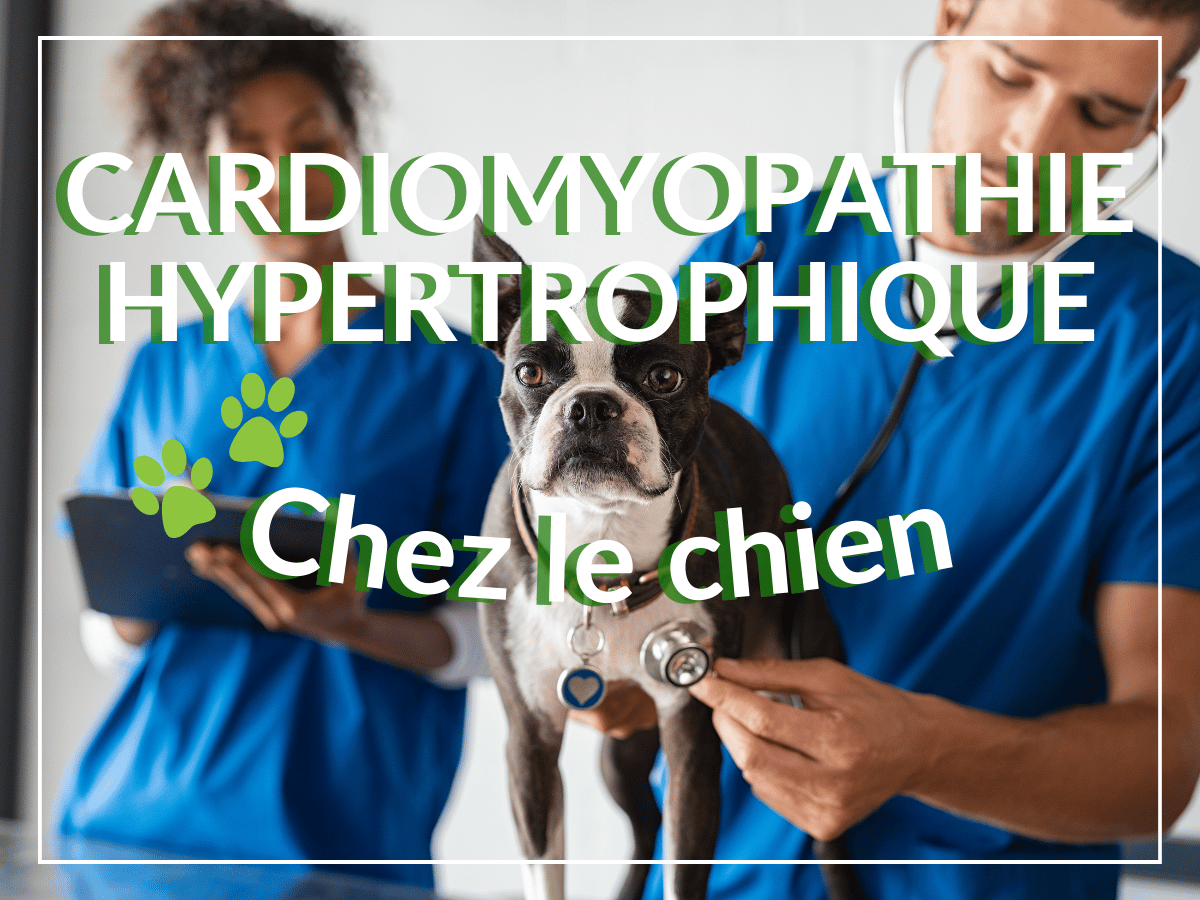
Hypertrophic Cardiomyopathy in Cats: Remedies, Causes, and Symptoms
If your cat is suffering from hypertrophic cardiomyopathy, we are sincerely sorry. We are here to help!
Whether you're looking for a natural home remedy or general information about hypertrophic cardiomyopathy in cats, this article will give you a clear and helpful summary to help you prepare for this problem.
Please know that we help many pet owners in a similar situation every day. You can see their gratitude in the thousands of positive reviews on our store.
You've come to the right place to support your cat!
Symptoms of Hypertrophic Cardiomyopathy in Cats
Here are some signs commonly present in cats with hypertrophic cardiomyopathy:
- Breathing difficulty
- Lethargy
- Fainting
- Paralysis of the hind legs (caused by blood clots)
- Abnormal heart sounds
If you're concerned about your cat's health, don't hesitate to contact us. We offer free recommendations to optimize your pet's health. We'll be happy to help.
What causes hypertrophic cardiomyopathy in cats?
Hypertrophic cardiomyopathy (HCM) in cats is primarily caused by genetic factors that result in abnormal thickening of the heart muscle, making it difficult to pump blood efficiently.
Natural Remedy for Hypertrophic Cardiomyopathy in Cats
Coenzyme Q10 is a natural supplement that can support heart function and improve cellular energy in cats with hypertrophic cardiomyopathy. It can be added to their diet in open capsule form.
Please note that this remedy is not a substitute for veterinary treatment. In case of serious illness in your cat, it is imperative to consult a veterinarian.
We at HomeoAnimo are specialists in natural remedies based on naturopathy and homeopathy, tailored to the individual needs of your animals.
Complete our free pet health referral form for advice on how to best help your cat naturally.
Veterinary treatment for hypertrophic cardiomyopathy in cats
Treatment for hypertrophic cardiomyopathy in cats includes medications to improve heart function, such as beta-blockers or angiotensin-converting enzyme (ACE) inhibitors, and diuretics to reduce fluid accumulation. Regular echocardiogram monitoring is necessary to track disease progression.
Is hypertrophic cardiomyopathy contagious?
No, hypertrophic cardiomyopathy is not contagious in cats. It is a genetic disease that causes thickening of the heart walls and is not transmissible.
For any clarification, contact your veterinarian.
Conclusion
Did the article meet your expectations regarding hypertrophic cardiomyopathy in cats?
When your cat is sick, we are here to listen and support you.
Please note that we are here for you!
You can contact us here, visit our natural remedies or get a free pet health recommendation .
We are wholeheartedly dedicated to helping your pet achieve the quality of life they so richly deserve!























Leave a comment
This site is protected by hCaptcha and the hCaptcha Privacy Policy and Terms of Service apply.